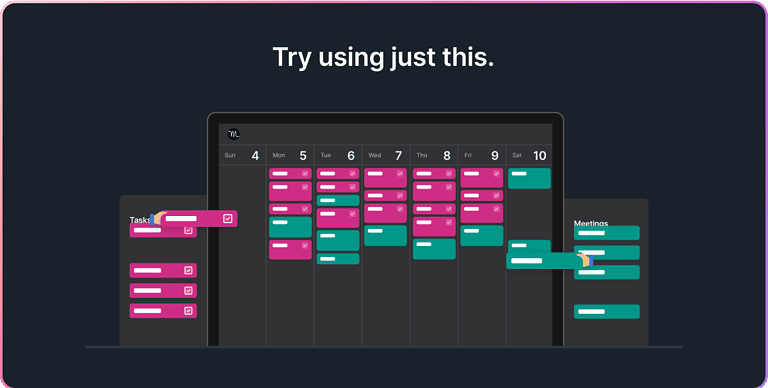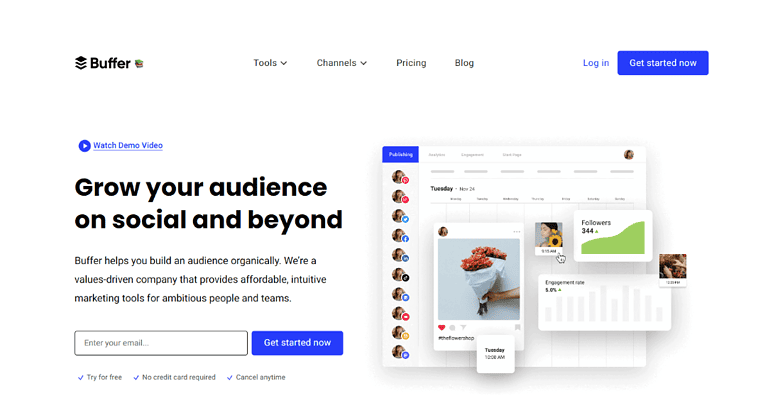A Guide to AI Ticketing Systems Supporting IT Management Applications
How AI Technology Is Revolutionizing IT Management Through Smart Ticketing SystemsArtificial Intelligence (AI) is growing every day, and industries are leaning towards these systems to streamline operations and drive innovation. One way that AI ticketing systems can transform IT management systems is by helping businesses and IT professionals support requests, optimize operations, and improve overall delivery.
What Are AI Ticketing Systems?
AI ticketing systems can help automate and enhance the processes of IT support ticket management. Compared to traditional systems, which usually rely on manual input, AI-powered platforms work to utilize machine learning systems to prioritize and resolve tickets without the need for human interaction.
Many modern ticketing systems can help to reduce resolution times and support technicians, allowing them to focus on other proactive projects. AI ticketing systems can analyze ticket context and provide suggestions or automated responses based on past data. This helps to support times and ensure they’re consistent and reliable across all user experiences.
Benefits for IT Management Teams
IT teams should understand the benefits of AI-driven ticketing systems, such as:
- Improved Efficiency: By automating routine tasks, technicians can focus on complex issues that require human support and expertise.
- Faster Solutions: AI systems can now analyze historical data and suggest reliable solutions in real time.
- Cost Reduction: Manual processes often mean fewer resources spent on repetitive tasks.
- Scalability: AI systems can now handle the growing number of tickets without increasing staffing or the number of employees working.
AI systems enhance service desk capabilities by predicting business problems before their consequences occur; this proactive feature is reliable for IT management teams and business operations.
Enhancing the User Experience
One main advantage of AI ticketing systems is their focus on enhancing the user experience. By automating responses and ensuring tickets are routed correctly, users can now face less downtime and receive a reliable customer experience. In the world of hybrid and remote environments, quick tech support is vital, and AI systems provide a proactive approach to ensuring issues are resolved.
AI systems also offer self-service portals where users can experience reliable solutions from a knowledge-based system without human interaction. These systems are known for their continuous learning and offer improvements based on user feedback.
Integration with Remote Monitoring and Management (RMM)
AI ticketing systems are known to be powerful with the integration of remote monitoring and management (RMM) systems. For example, many systems that are paired with RMM tools, AI systems can generate and categorize tickets based on their issues and how applications can be applied.
This end-to-end automation can help improve uptime and reduce stress on IT employees and teams. For IT teams working to manage multiple endpoints, integrating RMM systems and AI ticketing tools is a game-changer for businesses that want to resolve user issues and stay ahead of the competitive market.
Use Cases Across Industries
We understand that AI ticketing systems aren’t limited only to tech companies. Industries such as healthcare, finance, and retail can now adopt growing systems and ensure that IT teams can resolve any user issues while offering the right customer support.
A 2023 report by Gartner reflected that by 2026, 70% of service desk interactions will be from AI systems or similar technologies, as the growth of AI systems is continuing. This shows how AI systems are taking over how businesses function and ensuring customer support comes first by resolving any issues and enhancing business operations.
Implementation Tips for IT Managers
Integrating AI ticketing systems into IT infrastructure? Let’s take a look at a few tips for IT managers to take into consideration:
- Start Small: Ensure to start with automating simple ticket types, such as password resets or software installations. This helps you categorize your tickets at the beginning and makes systems easier for teams and users.
- Training Your Team: Then you can begin to train your technicians on how they can use the right AI tools by offering training sessions, and ensure your teams understand the limitations and purposes behind new systems.
- Evaluate Performance Levels: You can now use analytics to measure response times, user experiences and systems learning times to see how your AI systems are performing and whether they’re offering the right customer support.
- Select the Right Vendor: Lastly, select the right provider that offers support and scalable and flexible solutions for your business operations to enhance and allow IT employees to understand the different integrations involved.
As you can see, IT managers who understand these tips can implement new AI tracking systems into growing businesses to enhance customer experiences and teams for business growth.
Final Thoughts on AI Ticketing Systems
The future of IT support is growing. AI ticketing systems are becoming a reliable component of modern IT management systems. Whether you’re an MSP or a small business that is looking to scale support, the digital world is now the chance to embrace the benefits of AI within your business operations.
By combining new ticketing systems, RMM, and analytics, businesses and IT teams can deliver the right services for expansion.







